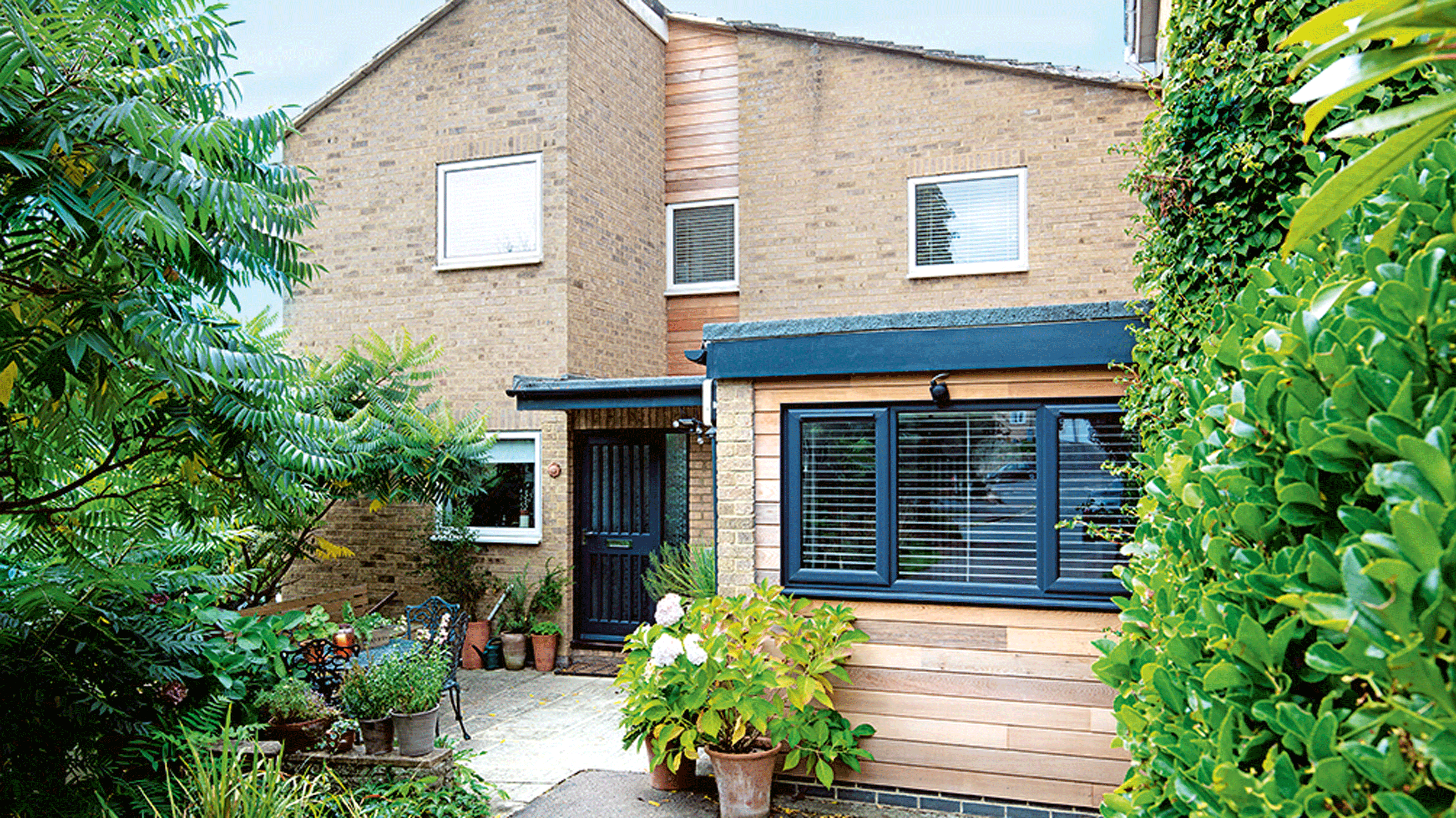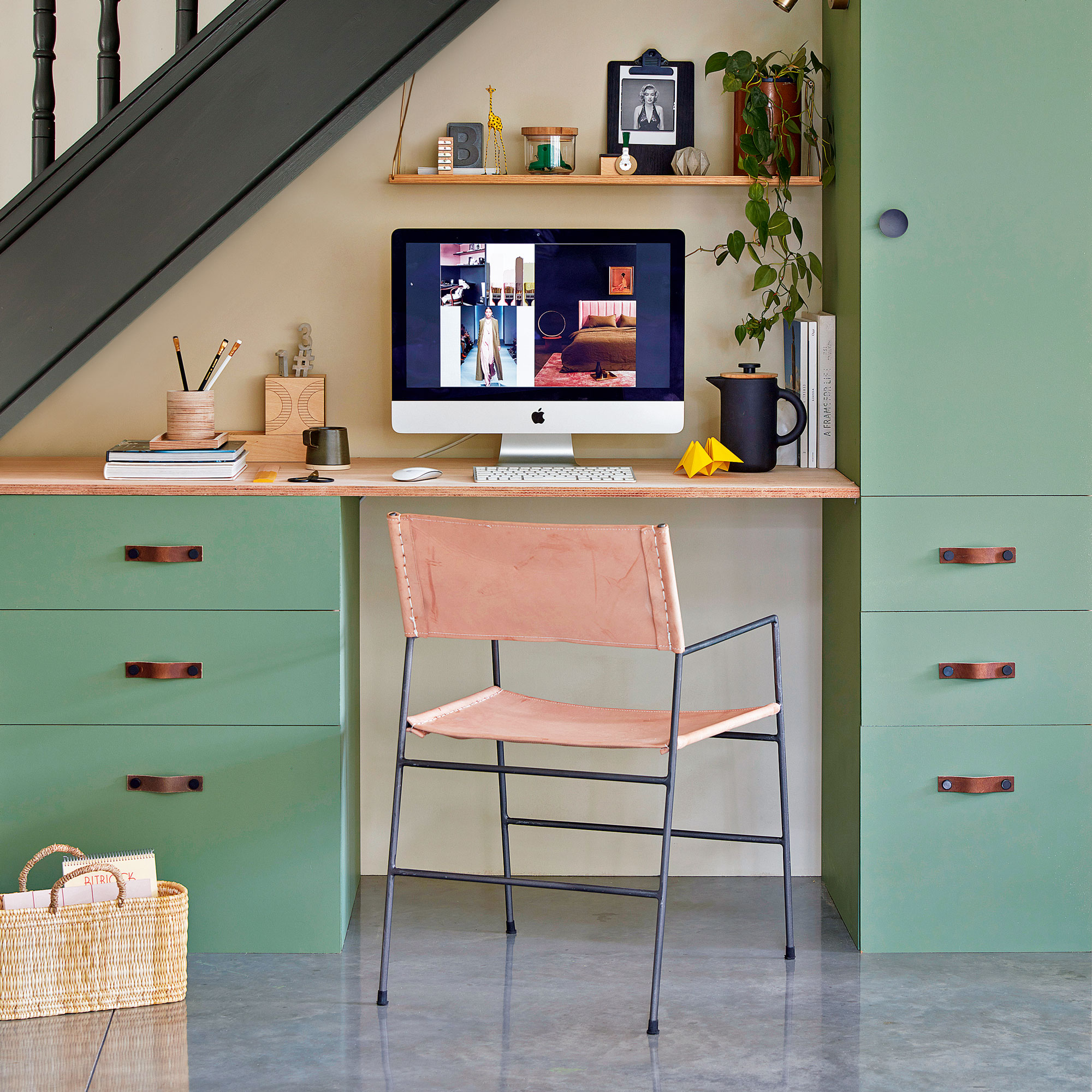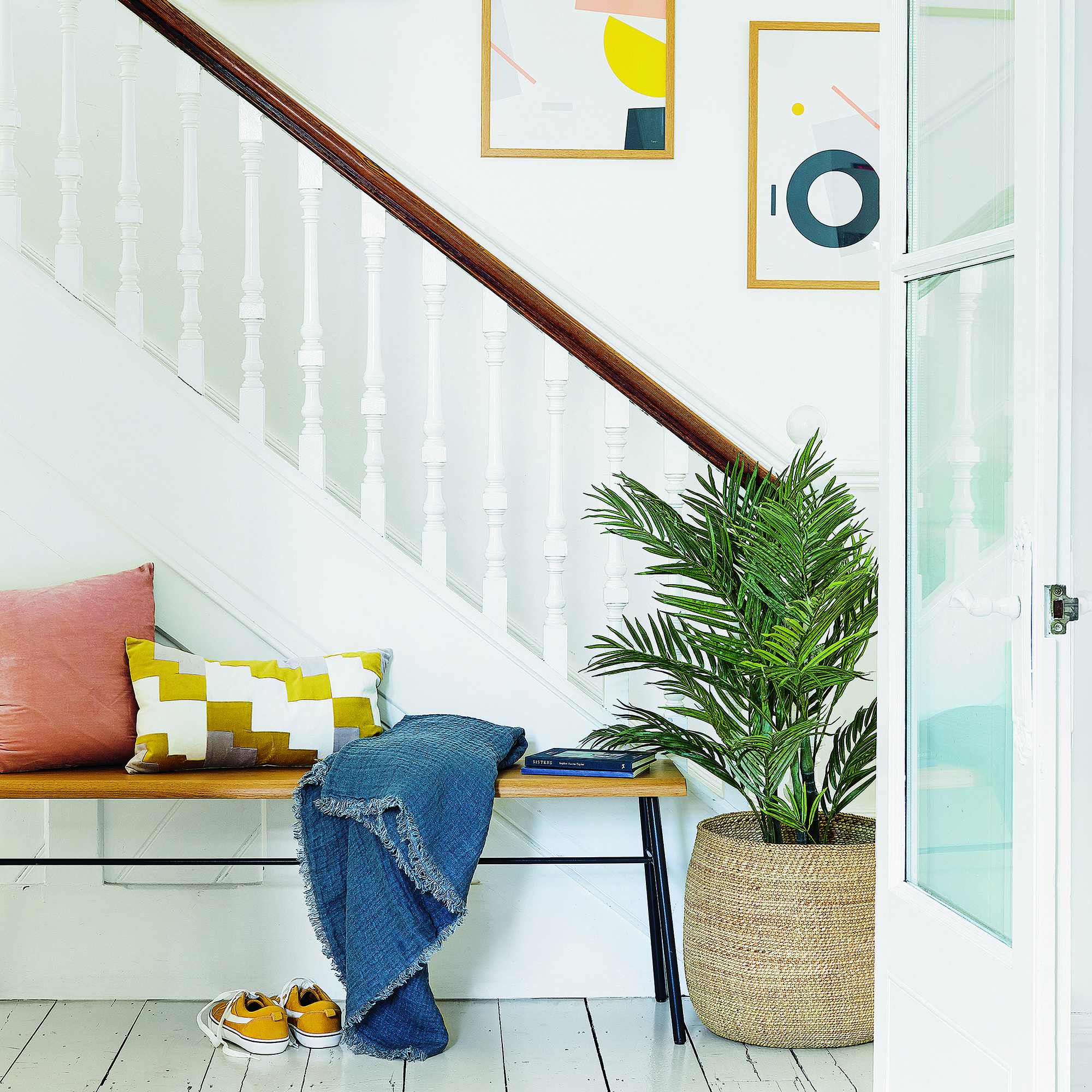100% mortgages versus 95% mortgages: which is better for first time buyers?
We compare the pros and cons of the mortgage options available to those struggling to save a sizeable deposit

Young buyers face a tough challenge to get on the property ladder. Rents are at record highs and to save a 10% deposit for a first home, young buyers must save from the age of 21 for the next 13 years based on the average house price of £285,000, according to stockbroker Interactive Investor.
First-time buyers may be tempted to skip the wait or preserve the small savings they’ve managed to put away by choosing a 100% mortgage instead.
But no-deposit rates are among the highest on the market and house prices are forecast to fall this year, increasing the risk of negative equity. Is a 95% mortgage a better idea instead?
We look at the benefits and drawbacks of both.

100% mortgages
A 100% mortgage means the buyer does not have to put down any deposit. Instead, they’re offered a mortgage equal to 100% of the purchase price.
Some of the UK’s best-known lenders offer 100% mortgage options.
- Barclays Family Springboard – family or friends must deposit 10% of your purchase price into a Barclays savings account for five years, after which the money is returned with interest if your mortgage is up to date.
- Lloyds Lend a Hand – helpers deposit funds for three years.
- Halifax Family Boost – similar to Lloyds
- Buckinghamshire Building Society Family Assist – parents or grandparents have a charge registered on their property (similar to a mortgage but they don’t make any payments). Their home can be repossessed if you don’t keep up with your repayments.
- Skipton Building Society Track Record Mortgage – no guarantor required, but applicants must be first-time buyers with a minimum track record of 12 months renting.
Pros
With a 100% mortgage, a buyer can purchase a home quicker than if they had to save for a deposit – escaping record high monthly rents. The average monthly rent for a newly-let property outside London is £1,190 a month, up 9.4% in a year, according to Rightmove.
Get the Ideal Home Newsletter
Sign up to our newsletter for style and decor inspiration, house makeovers, project advice and more.
Richard Campo, founder of mortgage broker Rose Capital Partners, said: 'If you can put down a deposit you should do. But not everyone can. I am a huge fan of the current 100% deals as they are highly targeted and will get people out of the rent trap. As rents continue to rise, anything that can get you owning your own home faster can only be seen as a good thing.'
Cons of 100% mortgages
To qualify for all but the Skipton deal, borrowers wanting a 100% mortgage must have family or friends in a position to help. The terms and conditions are restrictive on all 100% mortgages, so not all borrowers will be eligible.
Rates are high too. 'Even the best-priced 100% mortgage offer with Skipton is priced at 5.89% and rates go up to 6.74% for Barclays’ Family Springboard,' explains Richard Campo. By comparison, Family Building Society’s 5.14% five-year fixed rate at 95% loan to value looks much cheaper and comes without any of the catches such as needing a family member to lock away savings. 'The bigger the deposit you put down, the less risk you are to the lender which means you’ll be offered a cheaper rate.'
Ending up in negative equity is a major risk of using a 100% mortgage. Negative equity means your home is worth less than the value of your mortgage debt. This can happen if house prices fall soon after you’ve bought the property before you’ve had time to pay off much of the debt. If you sell during this time, you would owe your mortgage lender money even after selling your property.
95% mortgages
A 95% mortgage means the borrower is contributing a 5% deposit and taking out a mortgage for the remaining 95% of the purchase price.
Pros of a 95% mortgage
A lot more lenders offer 95% mortgages than 100% deals which means there’s a greater chance your circumstances will be agreeable to at least one lender. According to Moneyfacts, there were 24 95% deals on the market at the time of writing this article. The terms and conditions are also less restrictive, although you’ll still need to have high credit score to pass.
Rates are also cheaper than 100% deals. The cheapest deal on the market for borrowers in England and Wales is 5.14%, fixed for five years.
Nicholas Mendes, mortgage technical manager, added: 'If you’re able to, putting down a deposit will often be the most cost-effective solution as you would hold 5% equity in the property. This puts you one step closer to building up a larger amount of equity so when you’re at the end of your fixed rate period you may be able to remortgage to a lower rate at 90% LTV.'
Putting down a 5% deposit also alleviates some of the risk of negative equity if property prices dip as expected.
Cons of a 95% mortgage
If you choose to opt for a 95% mortgage as a first time buyer, you’ll have to wait longer to get on the housing ladder, and for some that means continuing to pay high rent.
There’s still a high risk you could end up in negative equity if house prices fall this year. However, unless you’re planning to sell your home in the short term, this can be less of a concern.
Rates are still high at 95% because mortgage lenders perceive 95% loans to be high risk, but are lower than 100% mortgages.

Which is better - a 100% or 95% mortgage?
Which type of mortgage is better for you will ultimately depend on your circumstances, but if you do have capacity to save up a 5% deposit, it's a good idea as you will likely benefit from a cheaper interest rate than if you went for a 100% mortgage.
Either way, when borrowing large amounts from your lender, remember you will have to meet strict affordability criteria to ensure you can afford the repayments.
Samantha Partington is a personal finance journalist specialising in mortgages and the property market.
Over the past nine years, Samantha has worked for the Daily Mail, trade website Mortgage Solutions and business title Property Week. She regularly writes for national money pages including Money Mail and Sun Money and supports prop tech firms with content writing.
-
 Will a conservatory add value to your home and how can you maximise it?
Will a conservatory add value to your home and how can you maximise it?This is what the pros say
By Amy Reeves
-
 I’ve been looking for a new signature scent for my home and The White Company's new fragrance is the exact summer holiday smell I needed
I’ve been looking for a new signature scent for my home and The White Company's new fragrance is the exact summer holiday smell I neededSantorini smells fresh, summery and sophisticated
By Kezia Reynolds
-
 How to remove algae from garden walls in five steps – and the cleaning product experts rave about for tackling it fast
How to remove algae from garden walls in five steps – and the cleaning product experts rave about for tackling it fastExperts share their top tips for getting garden walls algae-free
By Katie Sims
-
 You can claim back over £300 a year from HMRC if you work from home - here’s how to check if you’re eligible
You can claim back over £300 a year from HMRC if you work from home - here’s how to check if you’re eligibleWhen it comes to saving, every little helps
By Kezia Reynolds
-
 Experts have revealed the best day to renew your home insurance policy - you’ll want to do it sooner rather than later
Experts have revealed the best day to renew your home insurance policy - you’ll want to do it sooner rather than laterDon't leave this task at the bottom of your to do list
By Kezia Reynolds
-
 Is a variable rate mortgage ever a good idea? Experts weigh in
Is a variable rate mortgage ever a good idea? Experts weigh inOur money expert explains what a variable rate mortgage is, who they can be good for, and the pros and cons of this kind of mortgage
By Samantha Partington
-
 I’m a first-time buyer, what are my chances of getting a mortgage right now?
I’m a first-time buyer, what are my chances of getting a mortgage right now?And what you can do to increase your odds
By Rachel Wait
-
 Should you ever pay above the asking price for a home?
Should you ever pay above the asking price for a home?Our money expert explains whether you should ever pay over the asking price for a home, especially if house prices fall as predicted
By Samantha Partington
-
 Should I fix my mortgage and how long should I fix for?
Should I fix my mortgage and how long should I fix for?We speak to the experts to find out whether you should fix your mortgage and how long for as well as the impact further interest changes could have on your decision
By Samantha Partington
-
 We put your mortgage questions to two leading experts, here's what they said
We put your mortgage questions to two leading experts, here's what they saidAs mortgage panic continues, we've answered the most common questions - from when mortgage rates will come down, to when you actually have to pay stamp duty
By Samantha Partington
-
 'My mortgage is set to skyrocket - what should I do?' 5 potential solutions from a money expert
'My mortgage is set to skyrocket - what should I do?' 5 potential solutions from a money expertIf you're facing higher mortgage costs, our money expert explains various courses of action you could take to ease the pressure
By Samantha Partington